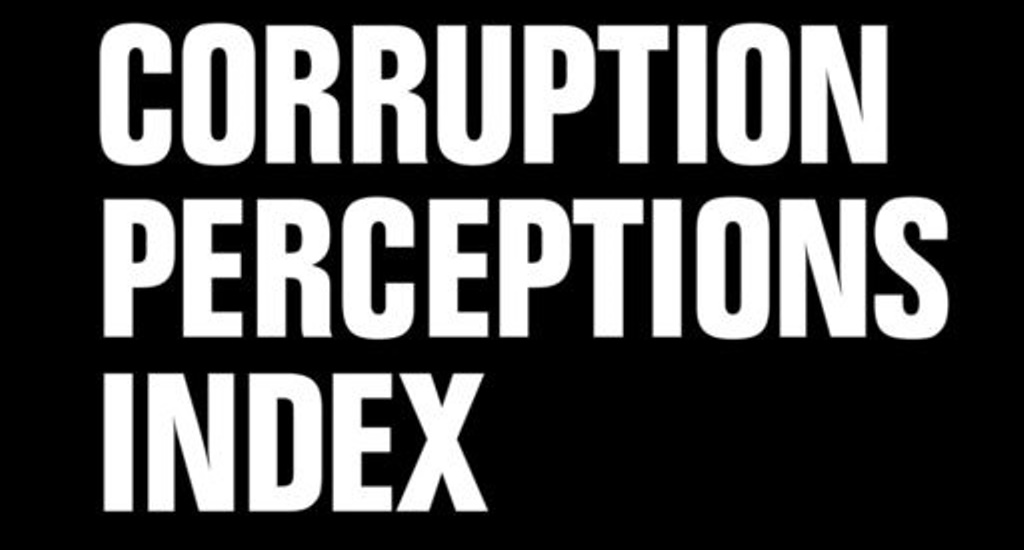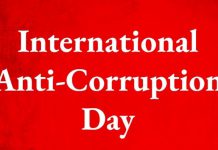TANZANIA’S improvement in the just released Corruption Perception Index (CPI) is partly attributed to the government’s strengthening of regulation on the disclosure of campaign donations.
The country sits at position 97, having amassed a total of 37 points in the 25th Transparency International (TI) index released by the global agency last Thursday.
Tanzania came second in the region, only behind Rwanda which garnered 53 points out of 100.
Kenya and Uganda both posted 28 points, with Burundi registering 19 while EAC’s new entrant tails the bloc having collected 12 points in the index which measures the perceived levels of corruption in the public sector in countries and territories worldwide, drawing on 13 expert assessments and surveys of business executives.
In the same vein, the global findings reveal the country’s significant improvement in the CPI score in the last eight years.
Nonetheless, the global corruption index features Tanzania among countries that have strengthened their regulation of the disclosure of campaign donations, a quest that has seen it improve its score regionally.
The East African nation features among the likes of South Korea, Italy, Greece, Guyana and Myanmar.
According to the findings, Tanzania had registered an improvement regionally, thanks to the decision of the Registrar of Political Parties office to strengthen their regulation of the disclosure of campaign donations.
“Strong institutional checks and balances are often cited as important deterrents of corruption and pillars of good governance,” read part of the CPI.
Tanzania’s Electoral Expenses Act of 2010 provides for the funding of nomination process, election campaigns and elections with a view to controlling the use of funds and prohibited practices in the nomination process, election campaigns and elections; to make provisions for allocation, management and accountability of funds and to provide for consequential and related matters.
Apart from government subsidy, political parties in Tanzania also cash in from membership fees, donations from fundraising and friendly parties.
According to TI, unregulated flows of money in the funding of political parties and election campaigns could threaten key democratic principles and values among countries.
It further suggests that a lack of information on how much money parties raise— and how they spend itcould harm the integrity and accountability of political processes and institutions.
On the other hand, more than half of the countries showing statistically significant declines in the index have either weakened the disclosure requirements for political campaigns or taken no action to improve transparency and enforcement in this area.
These countries include Bosnia and Herzegovina, Hungary and Ghana, according to TI.
The 2019 CPI report highlights the relationship between politics, money and corruption, with comparisons to data on political campaign finance transparency and the public’s access to decisionmaking.




